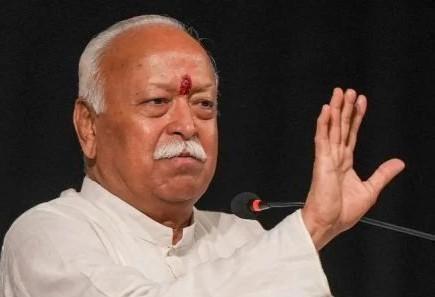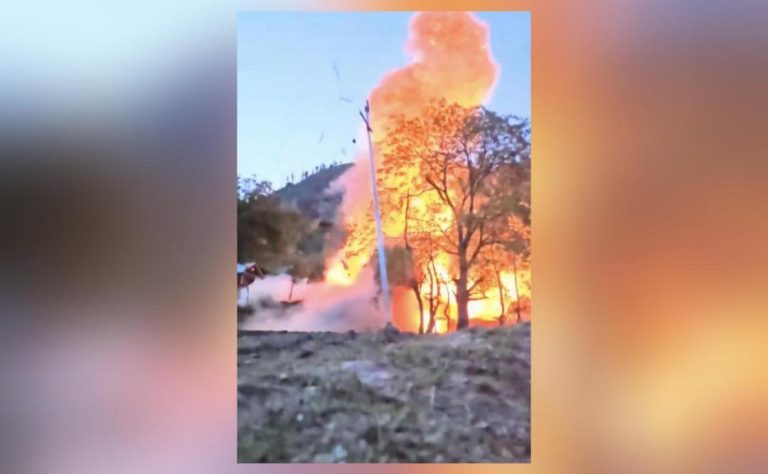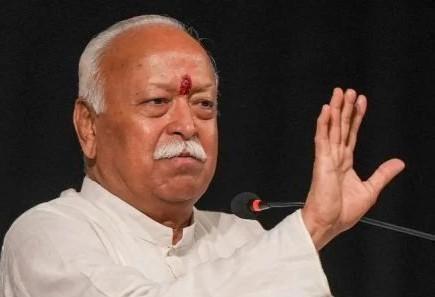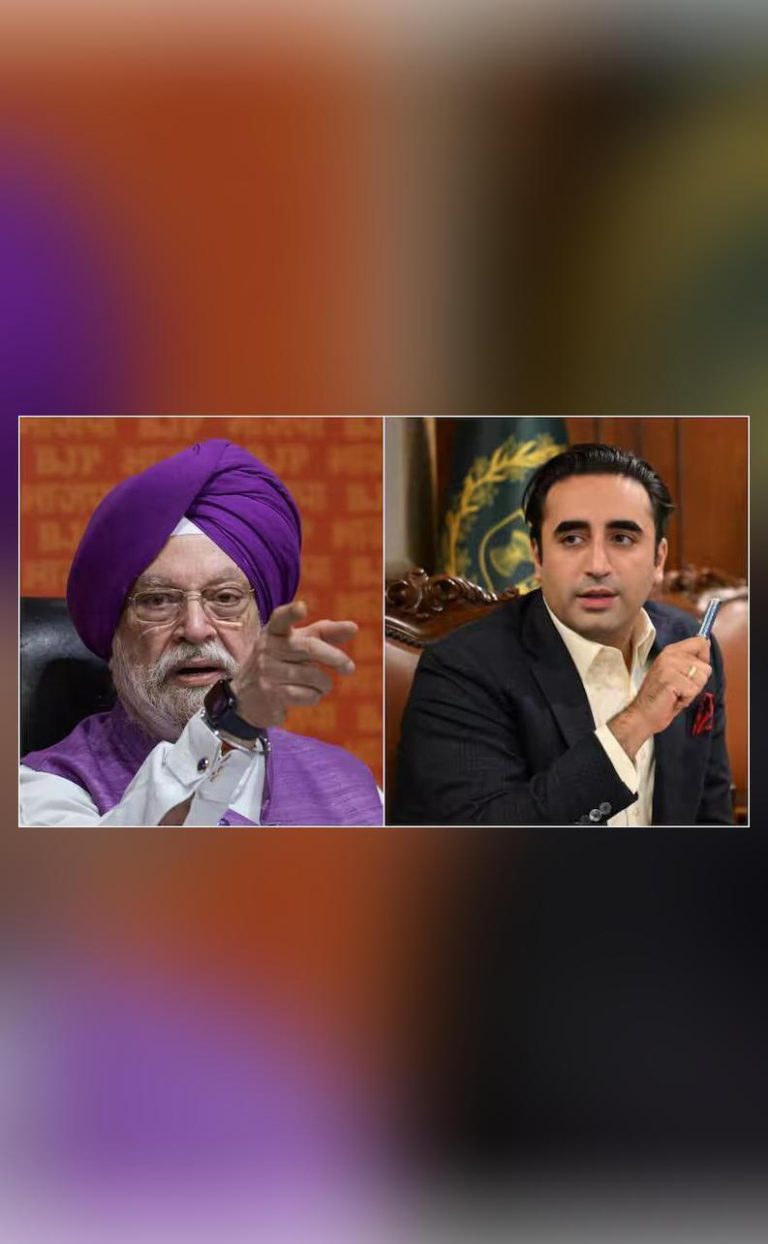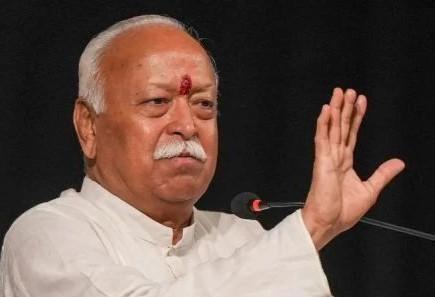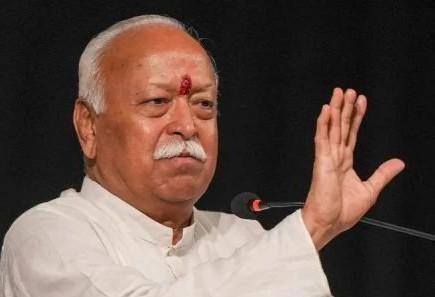
If someone turns to evil then we’ll teach lesson: Bhagwat on J&K attack
India has been plagued by a series of terror attacks in recent years, and the latest one in Pahalgam, Jammu and Kashmir, is a grim reminder of the country’s struggle against terrorism. The attack, which resulted in the deaths of several people, has left the nation in shock and has raised questions about the government’s effectiveness in tackling the menace. Amidst the chaos and grief, RSS chief Mohan Bhagwat has come out with a statement that has sparked a debate about the role of the state in dealing with terror.
In a video statement (https://youtu.be/SpAKVWl5wII), Bhagwat said that non-violence is India’s religion, but so is teaching a lesson to “oppressors and hooligans”. He emphasized that India never harms or disrespects its neighbors, but if someone is bent on being evil, then what is the cure? Bhagwat added that the king’s duty is to protect the people, and he will do his duty.
Bhagwat’s statement has been widely reported and has sparked a heated debate about the nature of the state’s response to terrorism. While some have hailed Bhagwat’s call for teaching a lesson to “oppressors and hooligans” as a necessary measure to combat terrorism, others have criticized his remarks as being inflammatory and contrary to the principles of non-violence.
The debate surrounding Bhagwat’s statement is not new. India has a long history of grappling with the issue of violence and non-violence, and the country’s struggle against terrorism is no exception. The Indian government has long maintained that its response to terrorism is guided by the principles of non-violence and human rights, and that any use of force is always carefully considered and calibrated.
However, Bhagwat’s statement has raised questions about the effectiveness of this approach. In a country where terrorism is a growing threat, some have argued that the government’s reluctance to use force is seen as a sign of weakness by terrorists, emboldening them to carry out more attacks.
On the other hand, others have argued that Bhagwat’s statement is a reflection of a deeper problem in Indian society, where violence and aggression are seen as acceptable means of resolving conflicts. They point out that India’s history is replete with examples of violence and aggression, from the partition of the country in 1947 to the many conflicts that have plagued the country over the years.
The debate surrounding Bhagwat’s statement is not just about the nature of the state’s response to terrorism, but also about the nature of Indian society itself. It highlights the ongoing struggle between forces of good and evil, and the need for the state to protect its citizens from harm.
In this context, Bhagwat’s statement about teaching a lesson to “oppressors and hooligans” can be seen as a reflection of the need for the state to take a firmer stance against terrorism. It is a call to action, urging the government to take bold and decisive measures to combat terrorism and protect its citizens.
However, it is also important to recognize that Bhagwat’s statement is not without its limitations. It is a simplistic solution that does not take into account the complexity of the issue of terrorism, which is driven by a range of factors, including political, economic, and social grievances.
Moreover, Bhagwat’s statement is also open to misinterpretation. His call for teaching a lesson to “oppressors and hooligans” could be seen as a justification for violence and aggression, rather than a careful and calibrated response to terrorism.
In conclusion, Bhagwat’s statement about teaching a lesson to “oppressors and hooligans” is a complex issue that highlights the ongoing struggle between forces of good and evil in India. While it is important to recognize the need for the state to take a firmer stance against terrorism, it is also important to ensure that any response is carefully considered and calibrated, and that it does not undermine the principles of non-violence and human rights.
News Source: https://youtu.be/SpAKVWl5wII
